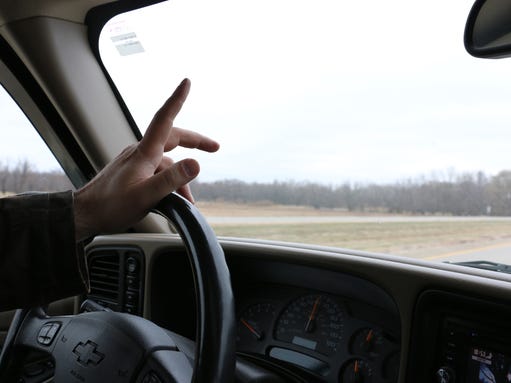I didn’t know Ross. His funeral this evening was held in a
church that he attended as a boy. His own children didn’t get to say good-bye
to him; their dad died unexpectedly at age 31. Anyone in the room could feel the grief for a
life ended too soon.
In grief, when words alone fall short, we turn to song. I
had expected the music for the service to be simple. I wasn’t sure how well
folks would sing considering most were not active churchgoers. The family chose
three hymns, favorites of the grandmother, a woman I am privileged to know. At
the wise urging of a choir member just last evening, we assembled a quartet to
sing “Nearer my God, to Thee” before the commendation. We had sung this before
and knew a quick rehearsal was all we needed.
Here is what I did not expect tonight and I am embarrassed
for not expecting it. I did not expect the amazing way a few volunteer singers
carried the hope of life in the face of death.
The church I serve has a rich musical tradition but our
choir is small. I had asked two folks to come for the “special music” (I use
that term only to debunk it; see below) As I began the prelude, another choir
member came and took her place. Then, further into the prelude, a couple who
had sung in the choir for years came up to the loft. Realizing the gift of
these added voices, I did something out of my box: we choose music on the spot
to sing. No planning!
I was considering many factors when deciding what to sing:
text, yes, but also a musical style that might speak to those who were perhaps
unfamiliar with historic hymns of the church. I called out “Healer of our Every
Ill” and then “You are Mine.” A trio at that point, this small but mighty choir
sang boldly of “hope beyond our sorrow.”
Then, as two more joined I realized we could sing in four
parts. We began “Abide with Me,” and by stanza 4, I stepped away from the piano
and we were an unaccompanied sextet. We had never rehearsed and it was quite
marvelous.
Yet we HAD rehearsed, time and time again. We rehearse every
week to lead the song of God’s people. This choir understands that they are
needed not to be some kind of “special music.” No, they are special in the
gracious way they attend to all of worship, realizing that their voices carry
the whole assembly. Though I strongly believe that, I didn’t teach this choir
that; those who nurtured the musical life years before me instilled this in
them and I get to reap the benefits.
Some days being a church musician seems completely
impractical; tonight I was reminded why we who tend the church’s song keep at
it. Because when we are not expecting it, others will sing their hearts out and
remind us why it matters. We learn hymns
of depth and hope; we learn them deep in our bones so that when death meets us,
we will be ready. And the choir will be ready, too.
 When I asked my children’s choir what
they needed to remember about the
Maundy Thursday liturgy, one girl piped up: “we can’t wear tights with our dresses.”
When I asked my children’s choir what
they needed to remember about the
Maundy Thursday liturgy, one girl piped up: “we can’t wear tights with our dresses.”




